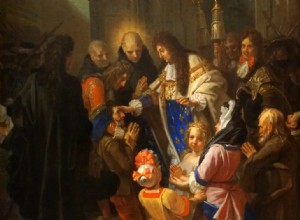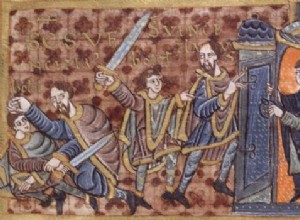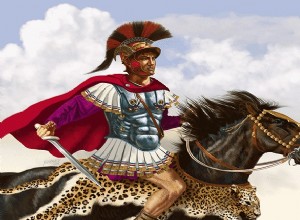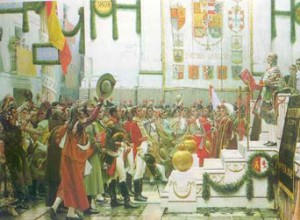Under the Ancien Régime, Christmas celebrations were above all religious celebrations intended for contemplation. Dangeaus description in his Journal of December 24 and 25, 1697 illustrates well the pious habits of the royal family at this time: Tuesday 24, Christmas Eve:the king made his devotions




